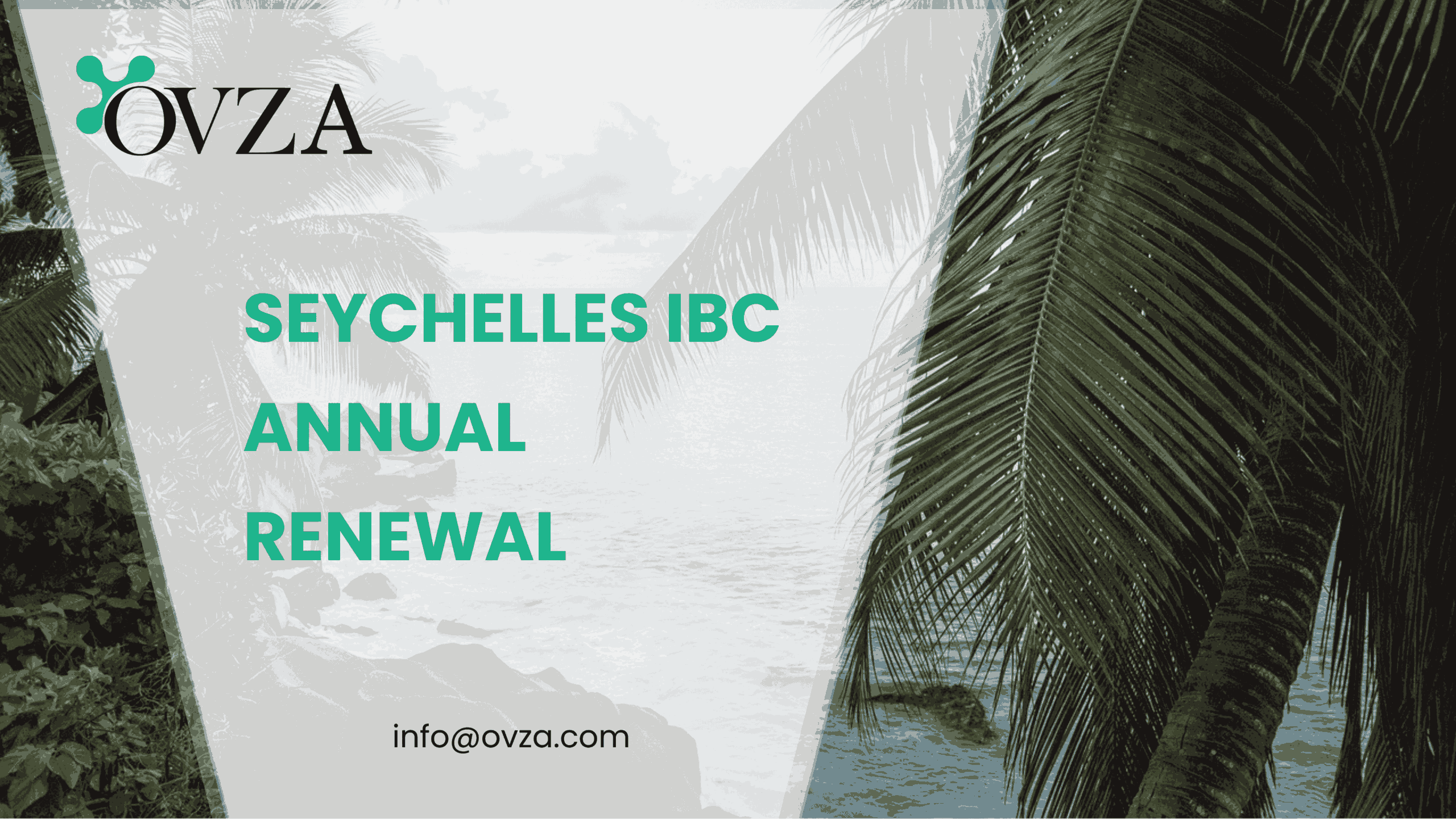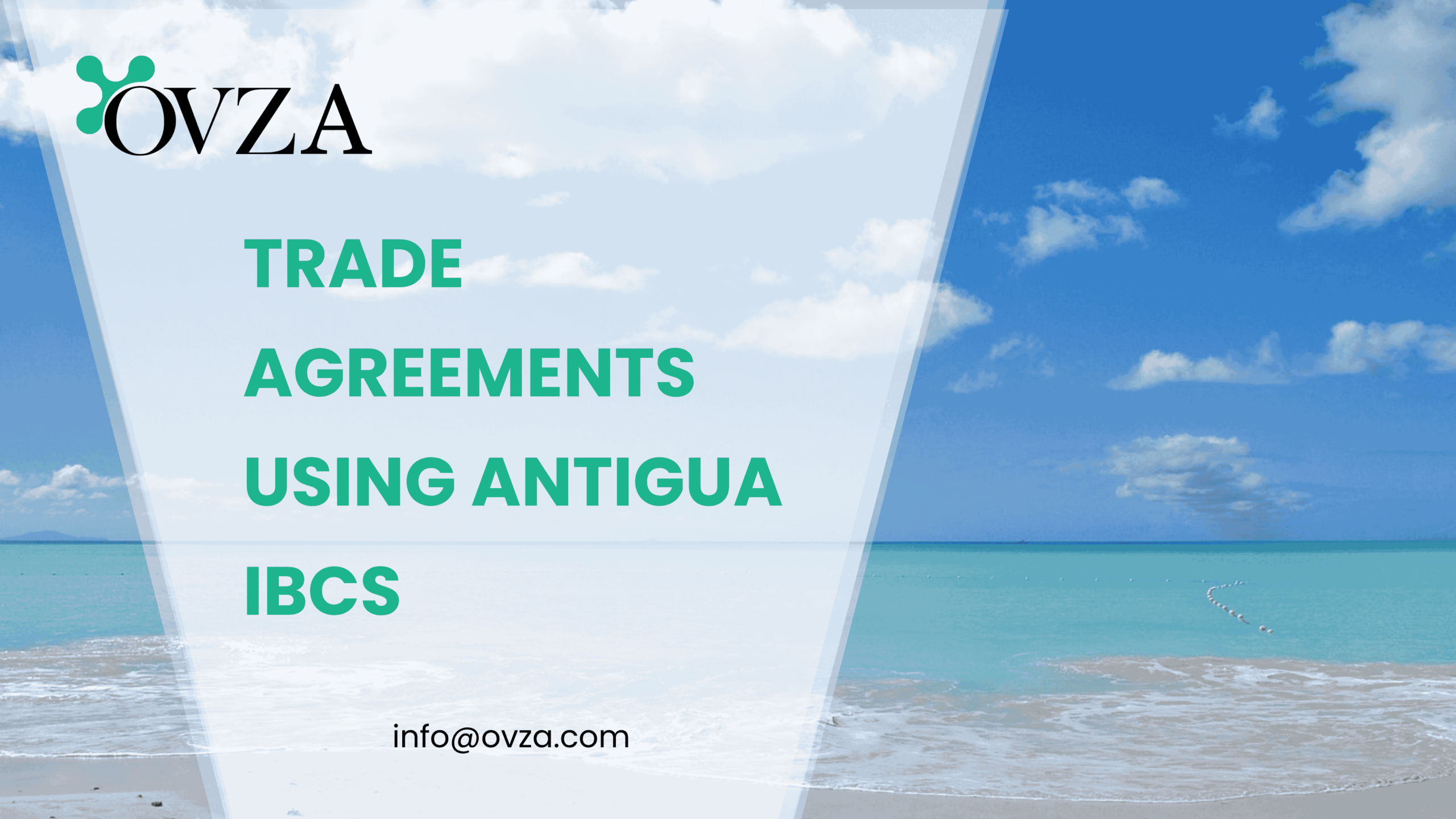St. Lucia IBCs and LLCs offer tax neutrality, asset protection, and flexibility; entity choice depends on business purpose and compliance needs. St. Lucia has quickly gained recognition as one of the most flexible and investor-friendly offshore jurisdictions in the Caribbean. With a legal system based on English common law and a modern legislative framework, the island offers two primary corporate structures for international entrepreneurs and investors: the International Business Company (IBC) and the Limited Liability Company (LLC). Both structures provide asset protection, confidentiality, and tax neutrality. However, their legal characteristics, use cases, and compliance obligations differ in key ways. Choosing between a St. Lucia IBC and an LLC requires a clear understanding of how each entity operates under the law and which is more appropriate for your offshore objectives.
1. Legal Framework and Entity Structure
The St. Lucia International Business Company is governed by the International Business Companies Act, Cap. 12.14. This law allows for the formation of a corporate entity with limited liability, no minimum capital requirements, and exemption from local corporate taxes, provided the IBC conducts no business within St. Lucia. A St. Lucia IBC is a traditional offshore vehicle commonly used for international trading, holding assets, or acting as a parent company in multi-jurisdictional structures. It is legally required to maintain a registered agent in St. Lucia and can appoint nominee directors or shareholders for confidentiality.
On the other hand, the St. Lucia Limited Liability Company is regulated under the Limited Liability Companies Act, Cap. 13.07. The LLC model is derived from U.S. legal concepts and combines corporate features with partnership-style taxation and operational flexibility. A St. Lucia LLC may be particularly attractive for U.S.-linked structures, joint ventures, or businesses requiring customized member agreements. Unlike IBCs, LLCs may be taxed transparently (i.e., pass-through treatment) depending on the jurisdiction of the members. This makes the LLC structure especially useful in scenarios where tax treaties, controlled foreign corporation (CFC) rules, or flow-through income are relevant.
The choice between an IBC and an LLC in St. Lucia should be grounded in legal purpose. While both offer confidentiality and tax neutrality under local law, the LLC tends to provide more contractual freedom and operational flexibility. However, the IBC is more commonly recognized in banking and commercial contexts, especially in jurisdictions with established due diligence protocols for offshore finance.
For a general guide to the St. Lucia jurisdiction and the types of offshore companies it supports, refer to OVZA’s country guide or detailed blog updates on St. Lucia company formation.
2. Tax Treatment and Compliance Obligations
One of the primary reasons investors consider a St. Lucia IBC or LLC is the jurisdiction’s tax neutrality. Under current St. Lucian law, both IBCs and LLCs are exempt from corporate income tax if they do not earn income within the country. This makes them highly attractive vehicles for international trade, investment holding, and asset protection. However, while tax-free under domestic law, both structures must still comply with international reporting obligations depending on the beneficial owner’s country of residence.
St. Lucia is a signatory to the OECD’s Common Reporting Standard (CRS) and the Base Erosion and Profit Shifting (BEPS) initiative. These global standards require financial institutions and relevant entities to report beneficial ownership and financial activity to foreign tax authorities via automatic exchange of information mechanisms. This means that a St. Lucia IBC or LLC may be tax-exempt locally, but if the beneficial owner resides in a participating CRS country, offshore earnings may still need to be declared and taxed in the home jurisdiction.
In terms of substance, St. Lucia introduced the Economic Substance Act of 2019 to comply with the OECD’s harmful tax practices criteria. Under this law, entities engaged in relevant business activities—such as banking, insurance, finance, holding, or shipping—must demonstrate physical presence, qualified personnel, and expenditure in St. Lucia. Not all IBCs or LLCs fall within scope, but when they do, non-compliance can result in administrative penalties or de-listing from the EU’s white list.
An IBC conducting only passive holding activities may be exempt from economic substance requirements, whereas an LLC used in cross-border consulting or intellectual property licensing may be required to establish genuine operations within St. Lucia. Determining the applicability of substance rules often requires a legal review of the entity’s function and revenue profile. Moreover, both IBCs and LLCs must maintain proper records and be ready for regulatory inspection.
In practice, many international clients prefer St. Lucia IBCs for simpler structures that require limited activity, while LLCs are often used when active business services or contractual relationships across multiple jurisdictions are involved. OVZA regularly assists clients with evaluating which entity type better aligns with their tax exposure, reporting duties, and long-term commercial goals.
3. Use Cases, Risk Factors, and Legal Considerations
The decision to form a St. Lucia IBC or LLC ultimately depends on the intended use of the entity and the jurisdictions involved in its operation. For international investors seeking to hold passive assets such as real estate, securities, or intellectual property, the St. Lucia IBC remains a strong choice. It is globally recognized by financial institutions, straightforward to incorporate, and does not require a complex operating agreement. For instance, many non-U.S. residents establish IBCs in St. Lucia to serve as holding companies for shares in other jurisdictions or to own IP rights licensed globally.
By contrast, the St. Lucia LLC is more suitable for operational structures where flexibility in management and taxation is necessary. This includes joint ventures, consulting businesses, e-commerce activities, and structures involving multiple members from different tax jurisdictions. Because an LLC can be treated as a pass-through entity, it may avoid corporate taxation in certain home countries under applicable tax rules, making it especially relevant in the context of controlled foreign corporation (CFC) regulations.
However, both entities must navigate increasing scrutiny under anti-money laundering laws and beneficial ownership disclosure regimes. St. Lucia has implemented AML/CFT requirements that require service providers to collect and maintain detailed KYC records. Additionally, beneficial ownership information must be made available to competent authorities, though it is not yet part of a public register. These transparency obligations are in line with FATF recommendations, and clients must be prepared to justify the commercial purpose of their offshore structure when opening bank accounts or engaging in cross-border activity. More details can be found on the FATF’s official website.
Legal risk arises when offshore entities are misused for tax evasion, nominee layering without justification, or insufficient economic substance. Financial institutions now routinely decline offshore entities without clear documentation, and jurisdictions flagged by the EU’s list of non-cooperative jurisdictions may face additional limitations on correspondent banking and reporting. Fortunately, St. Lucia remains in good standing internationally and continues to modernize its legislation to remain compliant with global standards.
Clients evaluating a St. Lucia IBC vs. LLC should therefore seek legal advice that accounts for tax treaties, ownership structure, reporting obligations, and the nature of cross-border transactions. OVZA provides tailored support for both types of entities, assisting with not only formation and registration but also ongoing compliance, banking introductions, and document certification.
Conclusion
Choosing between a St. Lucia IBC and an LLC is not simply a matter of preference—it is a legal and strategic decision. While both offer robust asset protection and favorable tax treatment, their structural differences have real-world implications for operations, banking, and compliance. The IBC remains ideal for straightforward, tax-neutral holding structures, while the LLC provides more contractual flexibility and is particularly useful in multi-member ventures and U.S.-connected planning.
In today’s regulatory environment, the success of any offshore structure—whether IBC or LLC—depends on its legal defensibility and compliance with global norms. Clients must factor in substance, transparency, and reporting obligations when choosing the right entity. By aligning entity selection with business goals and legal standards, international investors can continue to benefit from St. Lucia’s sophisticated offshore framework while remaining fully compliant.
Disclaimer: The information provided on this website is intended for general reference and educational purposes only. While OVZA makes every effort to ensure accuracy and timeliness, the content should not be considered legal, financial, or tax advice.











